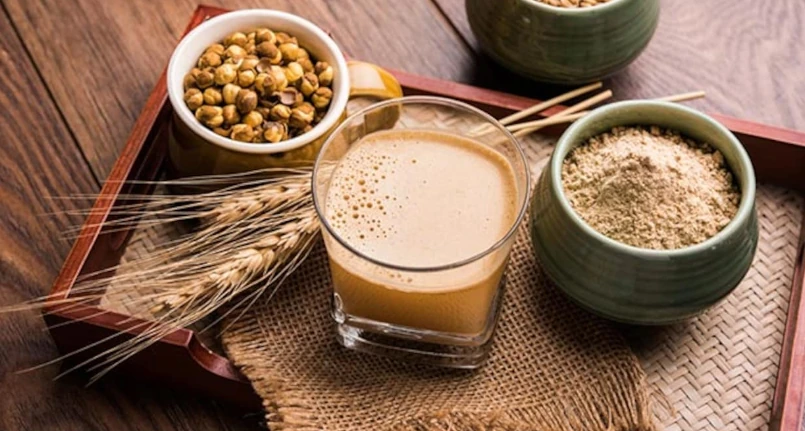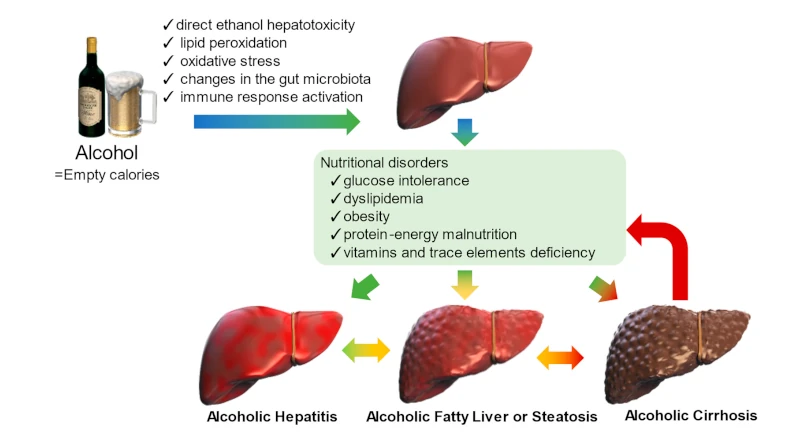What is Protein Coffee?
Among the various coffee-themed trends, there is undoubtedly the “proffee”, better known as protein coffee.
Protein coffee is exactly what the term suggests: proteins added to coffee, in its variants, espresso, soluble, mocha , americano. People have been drinking coffee with milk for decades, so the idea of adding protein isn’t entirely new. Yet, with interest in protein at an all-time high, any food or protein source, including coffee, becomes an alternative that can be beneficial.
Coffee + Proteins: the advantages
The combination of whey protein with some natural source of caffeine can prove effective in reducing the perception of effort , helping to prolong exercise time and improve sports performance.
Several studies have shown that caffeine acts on the central nervous system and is able to improve sports performance , suggesting that the mechanism of action is due to a decrease in perceived physical effort (10) induced by caffeine. Caffeine, combined with a protein source, also contributes to metabolism acceleration , fat burning, weight loss .
Even a normal cappuccino should be considered a protein coffee: the whey protein (known as whey protein ) is considered of the highest quality, as it is highly digestible , and is able to supply all the essential amino acids (those that the body is unable to produce) and branched-chain amino acids ( BCAA ).
How to add protein to coffee
There is no standard recipe for making proffee or protein coffee. The addition of the protein varies according to individual tastes and needs. You can mix coffee with protein shakes (powdered) that contain up to 30 grams of protein per single-serving container . Others mix java with a few tablespoons of plant protein powder , infusing the coffee with about 20 to 25 grams of protein.
Nutritional aspects and daily intake
Following this protein coffee trend, it is good to keep in mind some indications on the role of proteins and on the daily requirement. The main job of proteins is to supply amino acids , the building blocks of proteins, for the maintenance, repair and healing of body tissues. These include muscles , enzymes , hormones , immune cells , skin and hair .
At mealtimes, we are talking about a protein intake of between 0.25 and 0.40 grams per kilogram of body weight , 4 or 5 times a day. For a person weighing approximately 70 kilograms, the amount to consume is between 17-27 grams of total protein for breakfast . Ideally, that dose of protein would be balanced with the other two macronutrients the body needs: fat and carbohydrates. This is because consuming adequate protein without enough fat or carbohydrates can cause the protein eaten for energy to burn, which prevents it from being used for cellular repair .
At breakfast, the ideal protein intake is around 20 grams. Balance your sources of protein from breakfast foods: For example, if your protein coffee is made with a ready-to- drink protein shake that contains 20 grams of protein per serving, you don’t need to eat eggs , Greek yogurt , or another protein source at breakfast. On the other hand, if the proffee is made with the addition of a lower protein food or drink, such as collagen powder or pea milk, the meal can be complete by increasing the protein source.
Keep in mind that more protein is not better , so the goal is to meet, but not exceed, your protein needs. If protein coffee alone fits your total intake for any given meal, pair it with healthy sources of fat and carbohydrates, such as half an avocado and fresh fruit.
Protein quality
When adding a protein boost to coffee, it’s crucial to read ingredient lists to spot unwanted additives , such as artificial sweeteners , colors , flavors and preservatives , or too much added sugar . This is valid in any case, for any food, but in the case of protein coffee it is even more important to evaluate the nutritional aspects of protein milks, powders, creams, ready smoothies .




